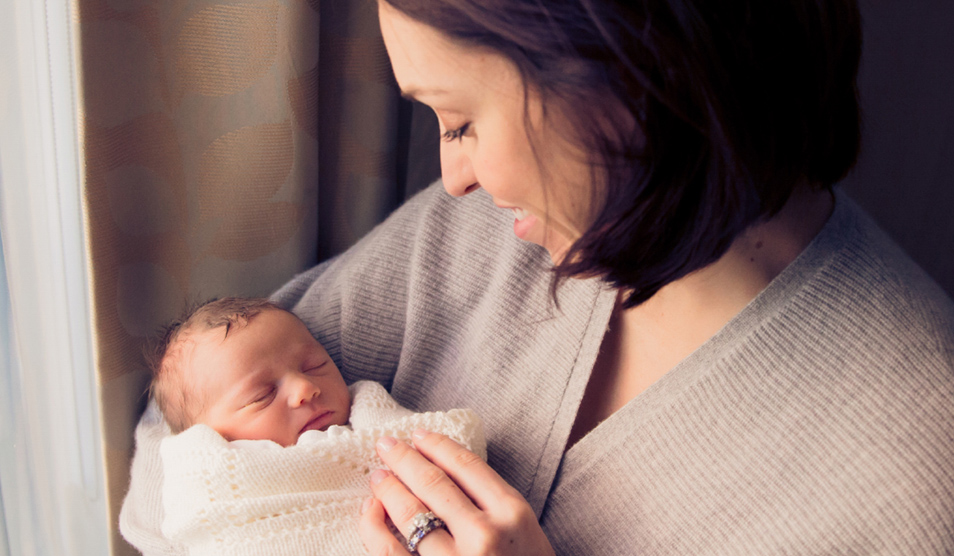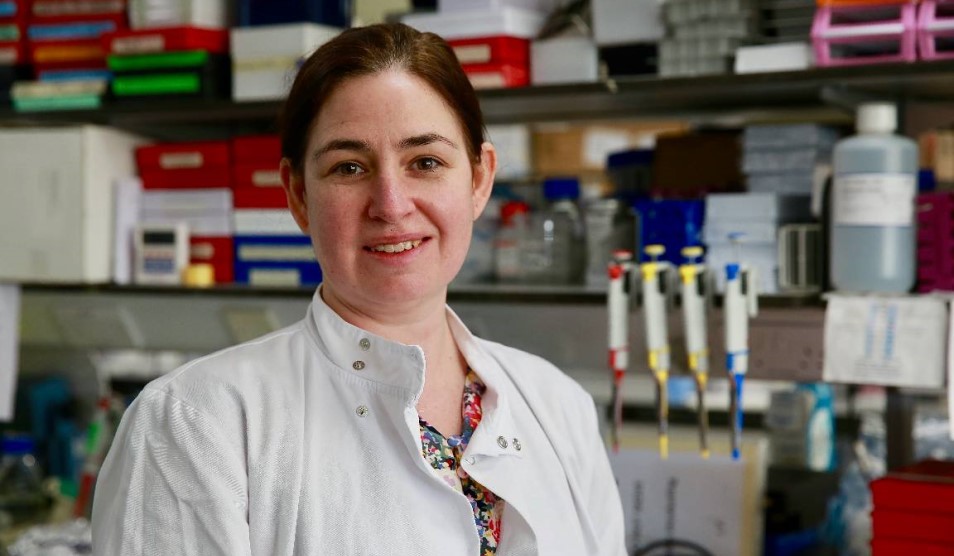Improved quality ratings for critical care and children and young people services plus London’s first ‘outstanding’ rating for maternity care
Imperial College Healthcare NHS Trust received a boost today as national inspectors improved their quality ratings for a range of services inspected across four of the Trust’s hospitals in February 2019, including awarding the first ‘outstanding’ rating for a maternity unit in London - at both Queen Charlotte’s & Chelsea and St Mary’s hospitals.
The improved ratings mean that Queen Charlotte’s & Chelsea also becomes the first of the Trust’s hospitals to be rated as ‘outstanding’ overall. The other hospitals – and the Trust overall – will stay at their current ratings until further services have been inspected.
The Care Quality Commission (CQC) has also improved its rating for how ‘well-led’ the Trust is overall following a separate inspection in April 2019 – up from ‘requires improvement’ to ‘good’. In addition, NHS Improvement inspected how well the Trust uses its resources to provide high quality and sustainable care for patients for the first time in February 2019 and has given a rating of ‘good’.
Overall ratings for services at each site that were inspected by the CQC in February 2019, compared with their previous inspection of these services, are as follows:
• Critical care at Charing Cross – ‘good’, an improvement from ‘requires improvement’ in 2014
• Critical care at Hammersmith – ‘good’, an improvement from ‘requires improvement’ in 2014
• Children and young people services at Hammersmith Hospital – ‘good’, an improvement from ‘requires improvement’ in 2014
• Maternity at Queen Charlotte’s & Chelsea – ‘outstanding’, an improvement from ‘good’ in 2014
• Children and young people services St Mary’s – ‘good’, the same rating as 2014
• Critical care at St Mary’s – ‘good’, the same rating as 2014
• Maternity at St Mary’s – ‘outstanding’, an improvement from ‘requires improvement’ in 2017
• Neonatal services at Queen Charlotte’s & Chelsea – ‘good’, an improvement from ‘requires improvement’ in 2014
Commenting on the CQC report, chief executive Professor Tim Orchard, said: “I’m delighted that inspectors have recognised the real progress we have made, both in terms of the quality of care we offer as well as the way our organisation is led. We have much more we want and need to do but this is fantastic news for our staff, partners and patients and reflects a huge amount of hard work and commitment.
“I’m also pleased that inspectors recognised the additional challenges, in terms of the age and state of many of our buildings, that our staff are overcoming in order to provide high quality care. Our teams have to work extra hard to make sure our poor facilities don’t impact too much on our patients but this is not a sustainable situation. The CQC report will help us build our case for a major redevelopment of our estate. In the meantime, we’re focusing as much resource as we can, and working with partners like Imperial Health Charity, on making improvements that will improve the experience for our patients, visitors and staff.
“The outstanding practice highlighted by the CQC acts as a showcase for how we are responding to the changing needs and expectations of our patients and staff. It includes some great examples of how we are integrating care, adopting new technologies and involving patients as partners. I’m really excited for what more we will be able to achieve with and for our patients and local communities – and to our next CQC inspection where we have another opportunity to share more progress.”
Areas of outstanding practice noted by the CQC include:
• The critical care service provided extensive opportunities for learning and professional development for nursing staff. There were dedicated clinical nurse educators responsible for coordinating the education, training and continuing professional development for the nursing staff and pre-registration nursing students.
• Staff provided compassionate individualised care in maternity, with extensive support to women and families. The service was especially caring and responsive to parents who had suffered a loss, such as miscarriage, stillbirth or neonatal death with extensive emotional support and resources to bereaved women.
• The ‘integrated family delivered care’ approach gave parents of premature babies a much wider role in the care of their children. The project had improved outcomes for babies and their families and reduced overall length of stay.
• The ‘Connecting Care for Children’ initiative designed to assist in the integration of child healthcare across primary, secondary and tertiary services.
• The introduction of a frailty pharmacist was shown to reduce hospital readmissions and reduce waiting time for hospital discharge.
• There was a patient experience user group on the general intensive care unit where patients were invited back three months after discharge and given the opportunity to sit down with the group and review their experience. Feedback from this group had resulted in several initiatives being introduced.
The CQC's full report can be viewed on their website





